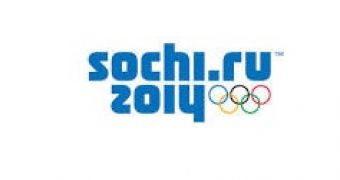A lot of people are visiting the Russian city of Sochi during the Sochi 2014 Winter Olympics. Cybercriminals are well aware of the fact that many of them will connect to the Web while there, so they’re prepared to hack into their computers and phones.
NBC News has set up an experiment with the aid of Trend Micro Senior Threat Researcher Kyle Wilhoit to see just how long it takes hackers to tap into the devices of those who connect to the Internet from Sochi.
The experiment has shown that all devices are targeted. Within 24 hours, the Apple MacBook Air, the Lenovo laptop running Windows 7 and the Android smartphone set up by Wilhoit with the information of NBC Chief Foreign Correspondent Richard Engel were targeted.
Wilhoit set up the devices to look like they contained Engel’s information to make them more appealing to cybercriminals.
Apparently, hackers (from Russia) took the bait and started retrieving information from the computers in no time. In the case of the smartphone, malicious software was downloaded while Engel surfed the Web for information on the Sochi Olympics.
NBC’s experiment is meant to show Sochi visitors the risks of surfing the web. However, the report fails to mention some important things.
It’s well known that there are many cybercriminals in Russia, and it’s unsurprising that they’re trying to profit from the event. Users should be highly cautious when using their devices while attending the Olympics.
However, they should always be careful, not only during the Sochi event. Experts have often advised against using public Internet for sensitive online operations, such as online banking, particularly when traveling.
Furthermore, the devices set up by Wilhoit had no security software installed on them, so no wonder cybercriminals were able to breach them so quickly.
And it’s not like all the public Wi-Fi connections were secure during the 2012 Summer Olympics in London. At the time, BT, which provided most of the Wi-Fi hotspots for Olympics attendees, advised people to use Virtual Private Network (VPN) software to protect their sensitive information.

 14 DAY TRIAL //
14 DAY TRIAL //